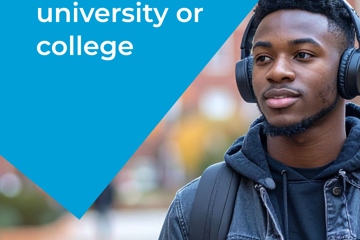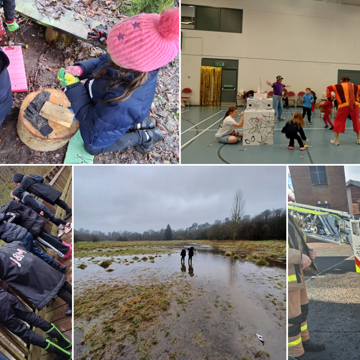Frequently asked questions
Who is ‘care experienced’?
On the UCAS website, care experience is defined as having spent time:
- living with foster carers under local authority care*
- in residential care, e.g. a children’s home
- looked after at home under a supervision order
- in kinship care with relatives or friends, either officially with a special guardianship order or informally without local authority support
*this includes if foster carers are fostering through an independent provider
Does the length of time spent in care make a difference?
Each university sets its own criteria for the length of time spent in care and the additional support a young person can receive. When a young person ticks the box they will be given an option to share how long they have been in care for. This can be an approximation.
Universities will then get in touch to discuss the young person’s circumstances and whether they meet the criteria for additional support. Each university's requirements are on their own website or on the Propel in Education website.
What financial support is available for care experienced young people?
Everyone can apply for student finance to cover tuition fees and maintenance in higher education – this is slightly different depending on where you live in the UK, so check the guides on the UCAS website for more details.
For students with care experience, there is often dedicated funding available – usually in the form of a bursary, which doesn’t need to be paid back. Each university and local authority has its own approach to bursaries. Look at the university’s website or search through Propel to find out the specific financial support they provide.
Each care experienced student is entitled to the full maintenance loan. When applying for student finance, make sure to fill out the household income as £0.
In order to receive student finance on time, we advise that care experienced students apply before the deadline, even if they haven’t received an offer yet. They also need to have evidence of their care leaver status ready to avoid delays.
You can find out more information on care leaver student finance including what students need to provide as evidence of their care leaver status here.
Do I have to mention care experience in my personal statement?
Care experience only needs to be mentioned in a personal statement if it is relevant to the course being applied for or helps what is trying to be conveyed. Otherwise, there is no need to include it if you don’t want to.
You can find out more in this blog by UCAS and Propel.

